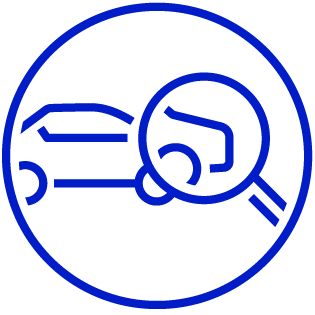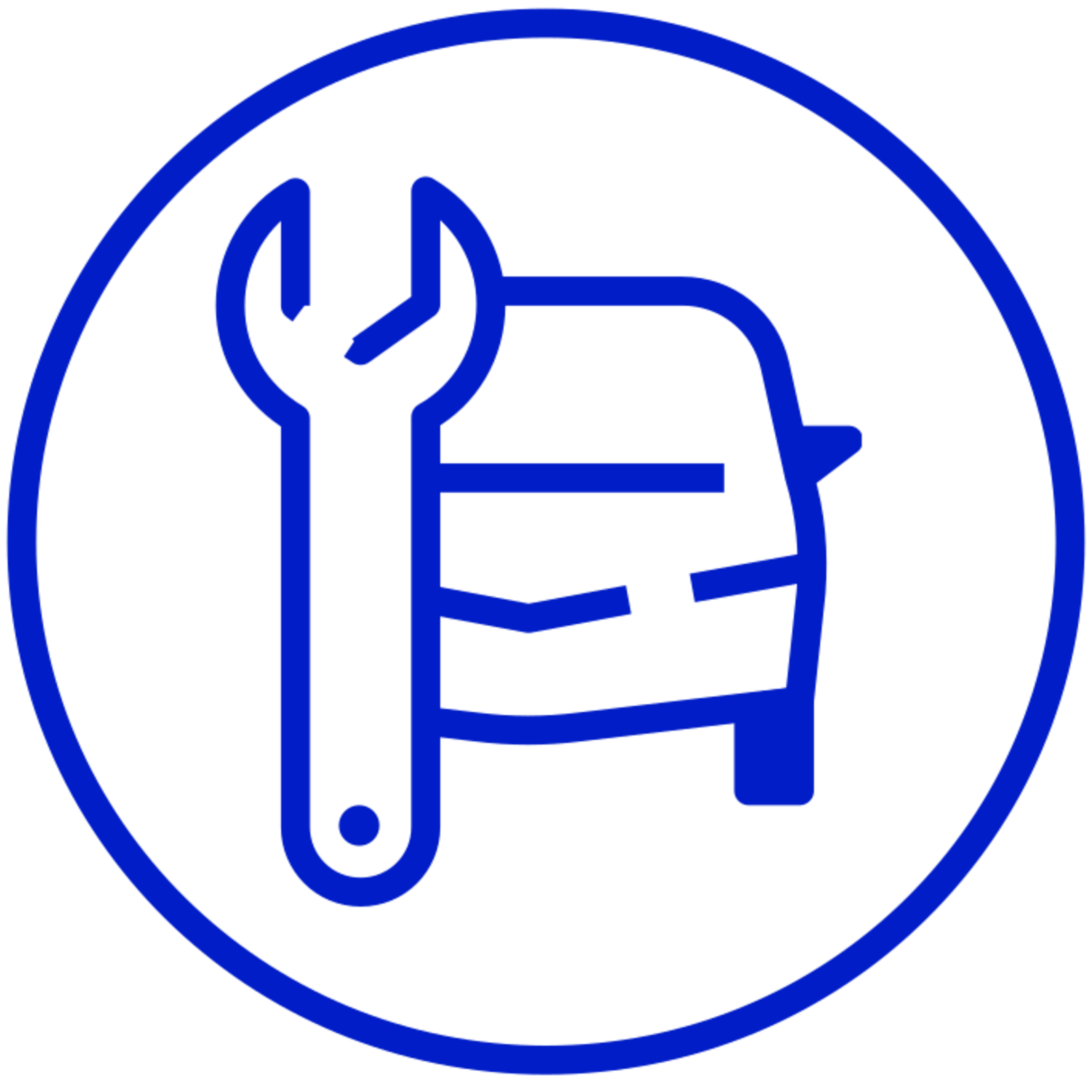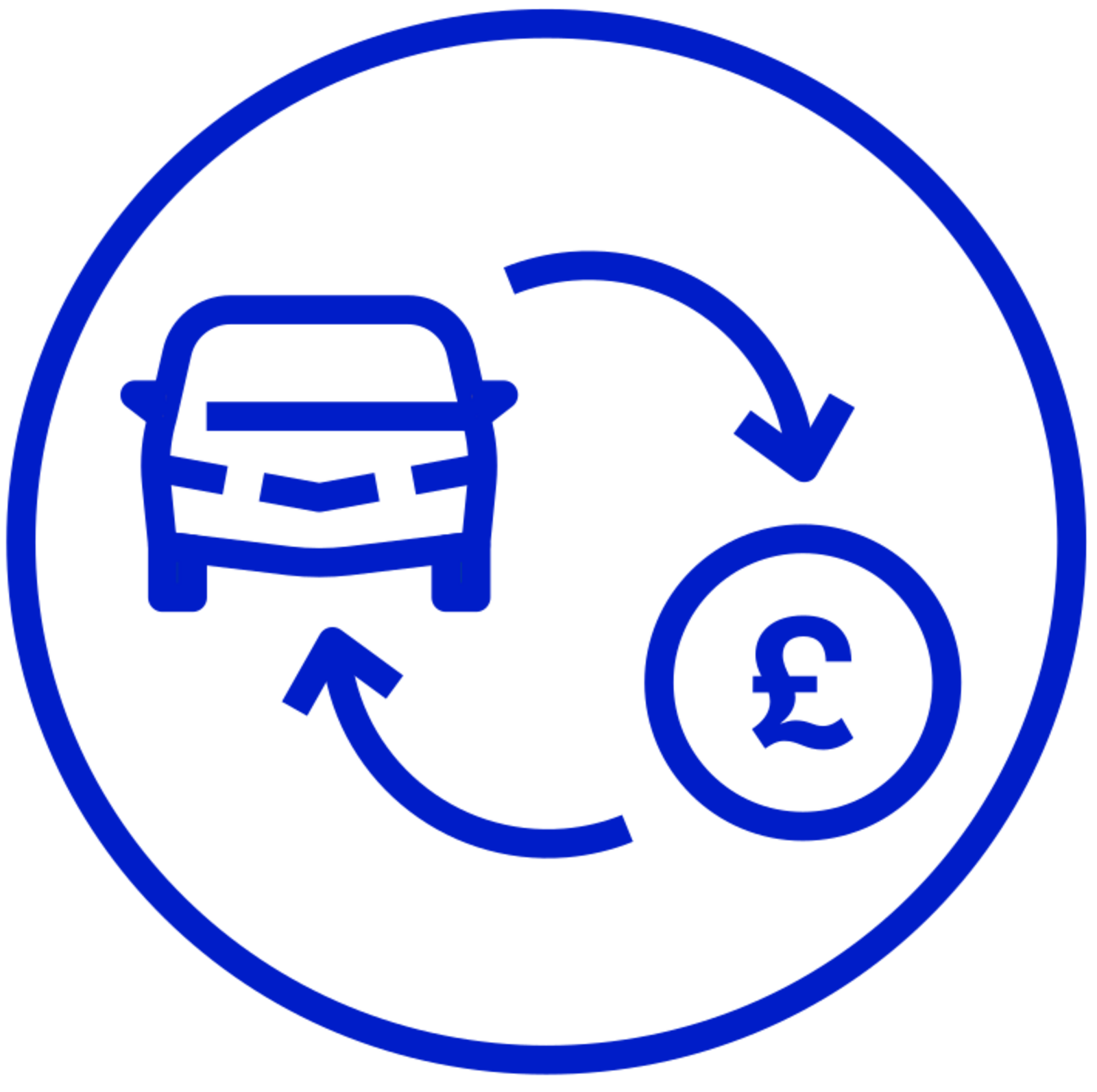Fleet management and leasing that improves the way you move
With over 30 years of experience and at the forefront of innovation, our fleet management and leasing mobility solutions will set you and your business up for success.
With over 30 years of experience and at the forefront of innovation, our fleet management and leasing mobility solutions will set you and your business up for success.
Why choose SG Fleet?
By thinking deeply about how to meet your needs we’re able to ask the right questions and find the right answers.
We're here to keep motoring simple
Whether it’s getting to zero emissions or finding new technologies to improve the way you move, we know the way.
Our complete range of solutions designed to keep your business moving forward
Fleet solutions
Employee car benefit solutions
Fleet solutions
Stay informed with our driving insights

For your business
Why the motoring and automotive sector is the best for employee benefits
The automotive sector leads the way in employee perks, from salary sacrifice schemes to flexible company car benefits and EV access.

For your business
Scaling your vehicle fleet as a growing business
Scale your fleet with clear advice on funding, tech, and sustainability, and learn how to maximise value from your business car leasing strategy.
For your business
The semiconductor supply rebound is set to accelerate vehicle deliveries
Vehicle deliveries are picking up pace as the semiconductor supply improves, helping businesses reduce wait times and plan more confidently.


.png)


.png)
.png)
.png)
















